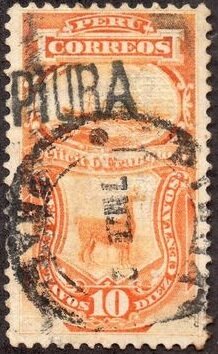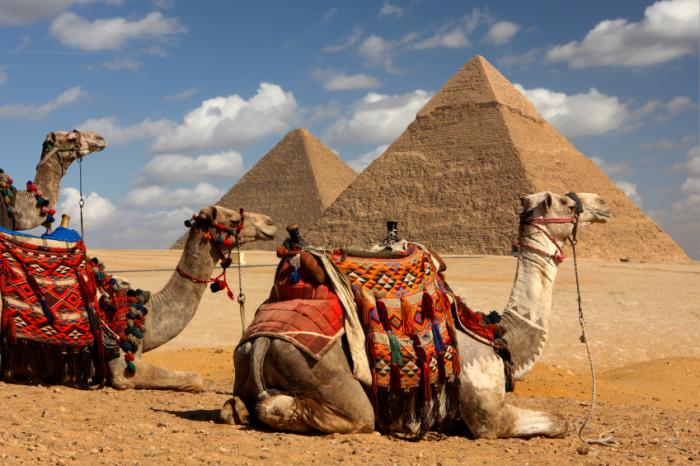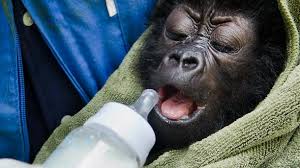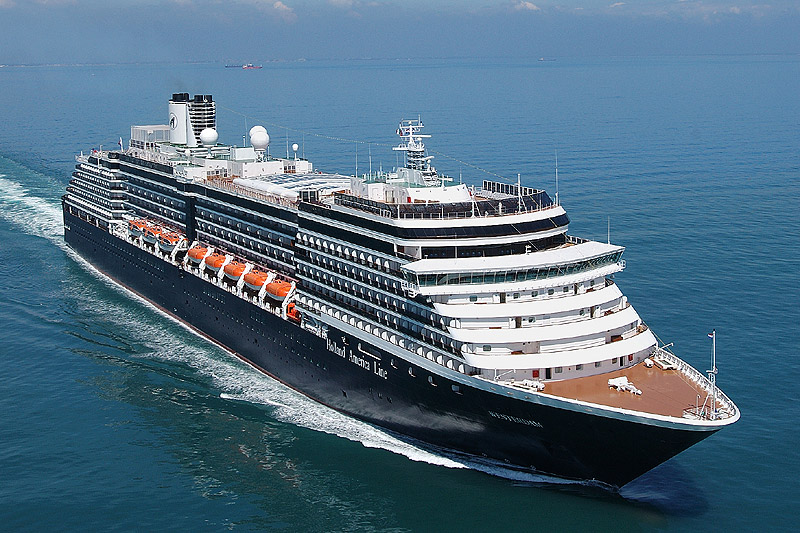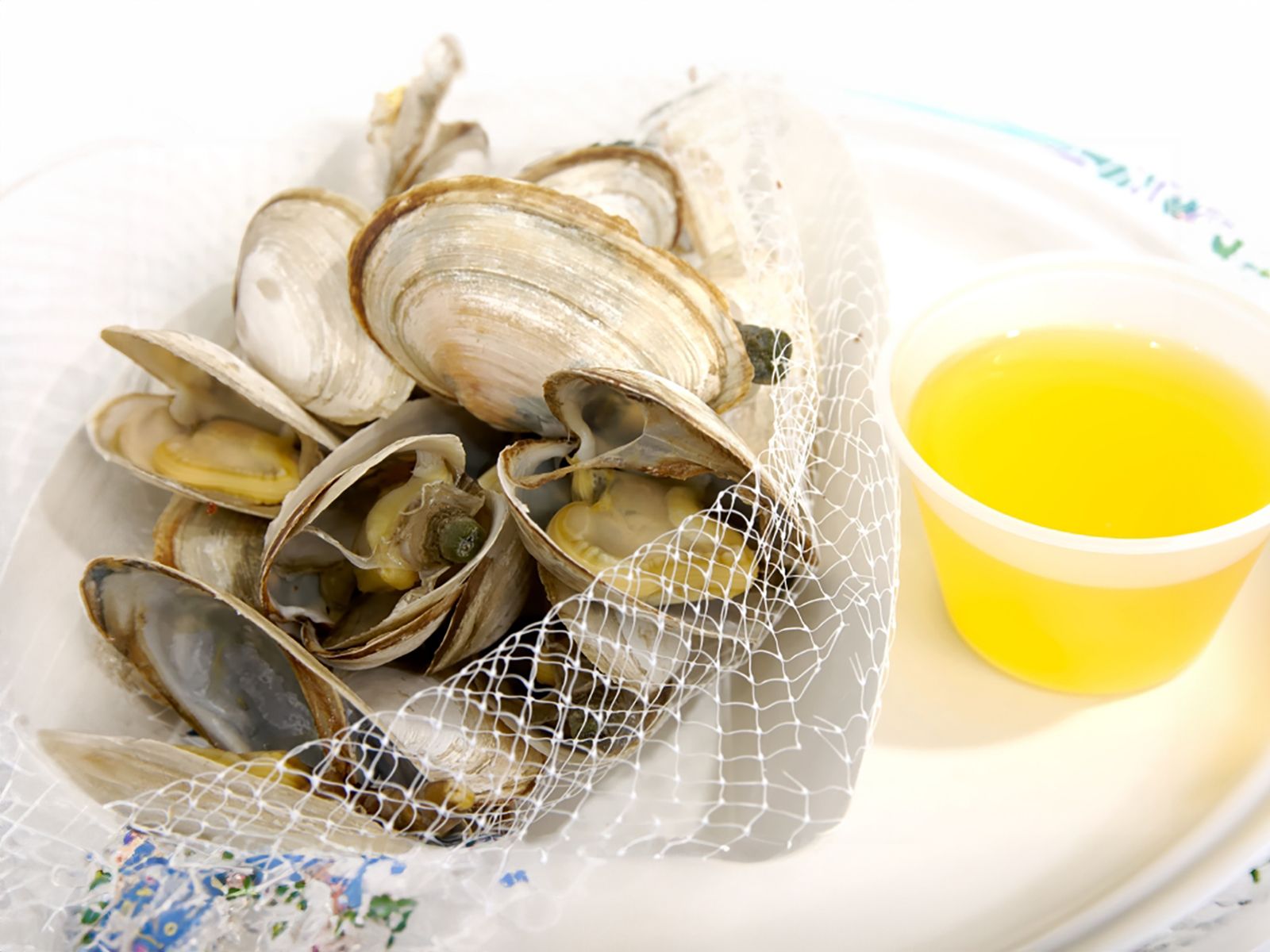Stamp: Postage Due stamp Overprinted (Peru 1884)
Postage Due stamp Overprinted (Peru 1884)
01 January (Peru ) within release PIURA: local issue goes into circulation Stamp Postage Due stamp Overprinted face value 10 Peruvian centavo
| Stamp Postage Due stamp Overprinted in catalogues | |
|---|---|
| Michel: | Mi: PE L82 |
Stamp is square format.
Printed by American Bank Note Co., New York. Postage due stamp of 1874 overprinted in black PIURA. Not listed by SN. BU PI8.Also in the issue PIURA: local issue:
- Stamp - Coat of Arms Overprinted face value 2;
- Stamp - Postage Due stamp Overprinted face value 10;
- Stamp - Coat of Arms Overprinted face value 2;
- Stamp - Postage Due Stamp Overprinted face value 10;
- Stamp - Coat of Arms Overprinted face value 5;
- Stamp - Postage Due stamp Overprinted face value 20;
- Stamp - Coat of Arms Overprinted face value 1;
- Stamp - Coat of Arms Overprinted face value 1;
- Stamp - Coat of Arms Overprinted face value 5;
- Stamp - Coat of Arms Overprinted face value 5;
Stamp Postage Due stamp Overprinted it reflects the thematic directions:
Animals are multicellular, eukaryotic organisms of the kingdom Animalia (also called Metazoa). All animals are motile, meaning they can move spontaneously and independently, at some point in their lives. Their body plan eventually becomes fixed as they develop, although some undergo a process of metamorphosis later on in their lives. All animals are heterotrophs: they must ingest other organisms or their products for sustenance.
A camel (from Latin: camelus and Greek: κάμηλος (kamēlos) from Ancient Semitic: gāmāl) is an even-toed ungulate in the genus Camelus that bears distinctive fatty deposits known as "humps" on its back. Camels have long been domesticated and, as livestock, they provide food (camel milk and meat) and textiles (fiber and felt from camel hair). Camels are working animals especially suited to their desert habitat and are a vital means of transport for passengers and cargo. There are three surviving species of camel. The one-humped dromedary makes up 94% of the world's camel population, and the two-humped Bactrian camel makes up 6%. The wild Bactrian camel is a separate species and is now critically endangered.
Mammals are any vertebrates within the class Mammalia (/məˈmeɪli.ə/ from Latin mamma "breast"), a clade of endothermic amniotes distinguished from reptiles (including birds) by the possession of a neocortex (a region of the brain), hair, three middle ear bones and mammary glands. All female mammals nurse their young with milk, secreted from the mammary glands. Mammals include the largest animals on the planet, the great whales. The basic body type is a terrestrial quadruped, but some mammals are adapted for life at sea, in the air, in trees, underground or on two legs. The largest group of mammals, the placentals, have a placenta, which enables the feeding of the fetus during gestation. Mammals range in size from the 30–40 mm (1.2–1.6 in) bumblebee bat to the 30-meter (98 ft) blue whale. With the exception of the five species of monotreme (egg-laying mammals), all modern mammals give birth to live young. Most mammals, including the six most species-rich orders, belong to the placental group. The largest orders are the rodents, bats and Soricomorpha (shrews and allies). The next three biggest orders, depending on the biological classification scheme used, are the Primates (apes and monkeys), the Cetartiodactyla (whales and even-toed ungulates), and the Carnivora (cats, dogs, seals, and allies).
A ship is a large watercraft that travels the world's oceans and other sufficiently deep waterways, carrying passengers or goods, or in support of specialized missions, such as defense, research and fishing. Historically, a "ship" was a sailing vessel with at least three square-rigged masts and a full bowsprit. Ships are generally distinguished from boats, based on size, shape and load capacity.
These clams live buried in the sediment on tidal flats. While they are common in muddy areas, their name "arenaria" means sandy and they prefer a combination of sandy and muddy areas. They are well known as a food item on the coast of New England in the Western Atlantic Ocean; however, the range extends much farther north to Canada and south to the Southern states. They are also found in the Eastern Atlantic Ocean, for example in the UK, as well as in the North Sea's Wadden Sea (where they are the dominant large clam).
